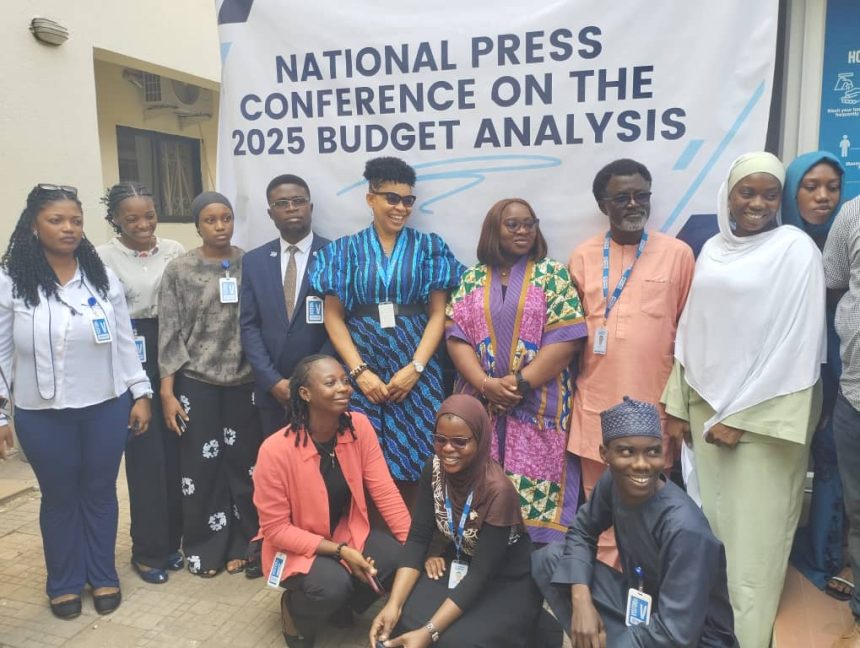Plan International Nigeria and some Civil Society Organisations (CSOs), have identified some significant gaps in the 2025 budget.
At a news conference in Abuja, the Country Director, Plan International Nigeria, Charles Usie noted that the gaps exist between national priorities and actual allocations, particularly to the rights and welfare of women, girls, youth, and persons with disabilities.
Usie, represented by the Director of Programme, Quality and Innovation of the organisation, Dr Helen Idiong said that the budget makes no direct provision for contraceptives or comprehensive Sexual Reproductive Health Right services, despite well-documented needs around adolescent pregnancy, family planning, and gender-based health access.
” Furthermore, only ₦1.06 billion is earmarked for menstrual hygiene support across all ministries.
“To effectively meet the needs of 10 million girls experiencing period poverty, we estimate a minimum of ₦120 billion annually.
” Despite a large youth population and the national commitment to free and compulsory basic education, over 19.9 million children remain out of school.
“Yet, the budget allocates only ₦1.21 billion to girls’ education, most of it tied to physical infrastructure, less than 20 per cent of that supports enrolment, retention, or targeted programs for vulnerable girls,” he said
He added that ₦745.5 billion had been budgeted for youth development, noting that this was significant, the implementation design remains largely transactional: item-based empowerment schemes like sewing or grinding machines dominate. Strategic interventions like the Nigerian Youth Academy (NIYA) are not reflected, and the Federal Ministry of Youth Development remains underfunded and structurally sidelined.
He called on the National Assembly and Ministry of Finance to adopt mandatory gender and youth impact assessments for all federal allocations.
Usie also stressed the need for ministries to shift from consumable-based economic empowerment to innovation-driven development especially for youth and women.
”We urge greater investment in inclusive education beyond infrastructure to address enrollment, retention, and safety for out-of-school children, especially girls, dedicated, ring-fenced budget lines must be created for SRHR, menstrual hygiene, and adolescent wellbeing.’
”Additionally, we recommend improved coordination between ministries, robust public-facing budget tracking platforms, and an urgent shift from rhetoric to results in Nigeria’s gender and youth development agenda.
“Budgeting for persons with disabilities must be significantly scaled, coordinated, and integrated into mainstream sectoral programming,” he added.
Representing the youth, a member, Plan International Nigeria’s Youth Advisory Panel, Chimebuka Chimezie stressed the need for the budget to focus more on promoting inclusion for the youth and the vulnerable.
Also, the Assistant Clerk, in the National Assembly, Ben Chukwuma called for more collaboration between the Federal ministries and MDA’s for a people friendly budget that would better the lives of Nigerians.












